The Holy Spirit is mysterious. Much like the wind, while the Holy Spirit cannot be physically “seen,” we can see the Holy Spirit’s power, effect, and presence in the world around us. Still, when we read St.Paul’s writings, we see that the early church’s comprehension and understanding of the Holy Spirit, his role, and his ultimate power are still being worked out by most.
This second reading, to the church in Thessalonica, is a perfect example. St. Paul uses the phrase “do not quench the Spirit,” but what does that mean exactly? Well, as is often the case in scripture, the answer lies in the verses that immediately precede and follow. If we
“pray without ceasing,” we will constantly be aware of the presence and movement of the Holy Spirit around us. Discernment becomes far easier if we are always looking for ways and places where the Spirit may be guiding us or speaking to us. If we “test everything,” it means we are discerning the situations before us to see if they fall in line with the gospel teachings. By retaining “what is good,” we ensure that we are living in line with the will of God for us and not being led astray by our own sinful inclinations or the enemy himself.
In his Commentary on St. Paul’s First Letter to the Thessalonians, St. Thomas Aquinas further explains that when we do not discern through the Spirit’s guidance, if we fail to use our God-given gifts to achieve his will, or if we otherwise impede the movement of the
Holy Spirit in our lives or the lives of others, we have then quenched the Spirit.
This excerpt from One Sunday at a Time: Preparing Your Heart for Weekly Mass (Cycle B) is reprinted with permission of Ave Maria Press.







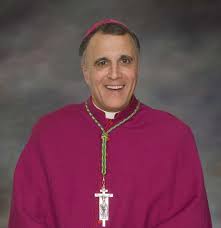
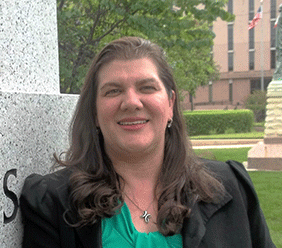

 Kimberly Kay Cox
Kimberly Kay Cox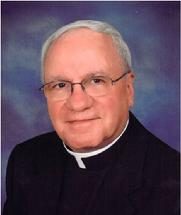



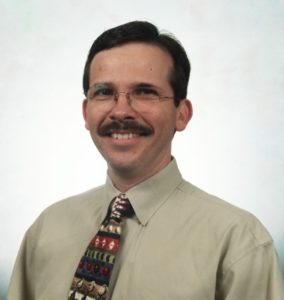


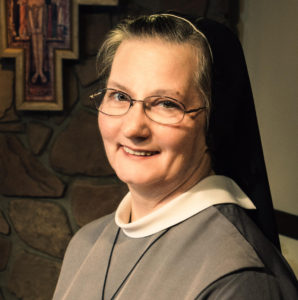
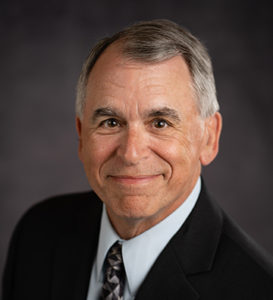 Mark Mogilka
Mark Mogilka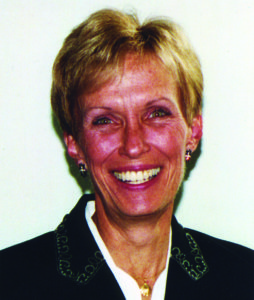
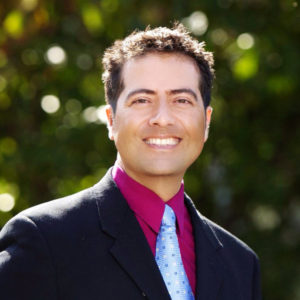



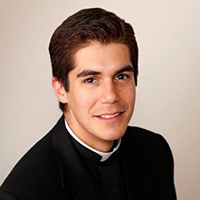
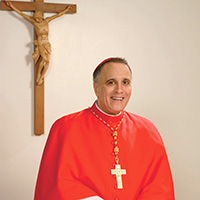

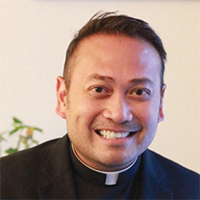

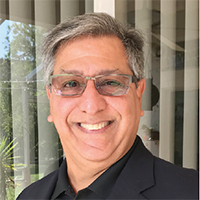
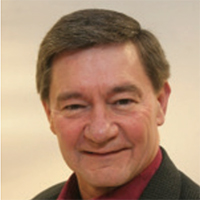


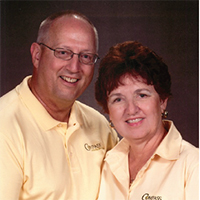
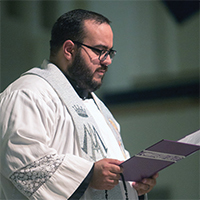
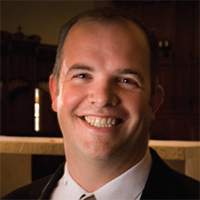


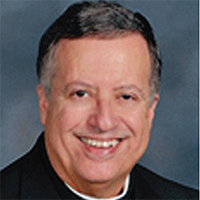

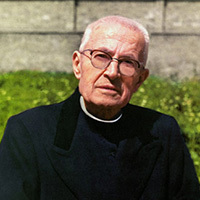


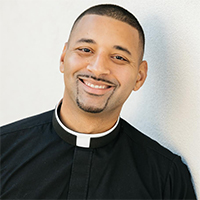




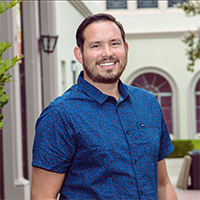
 Armando Cervantes
Armando Cervantes Anna Betancourt
Anna Betancourt
 Andrea Chavez-Kopp
Andrea Chavez-Kopp